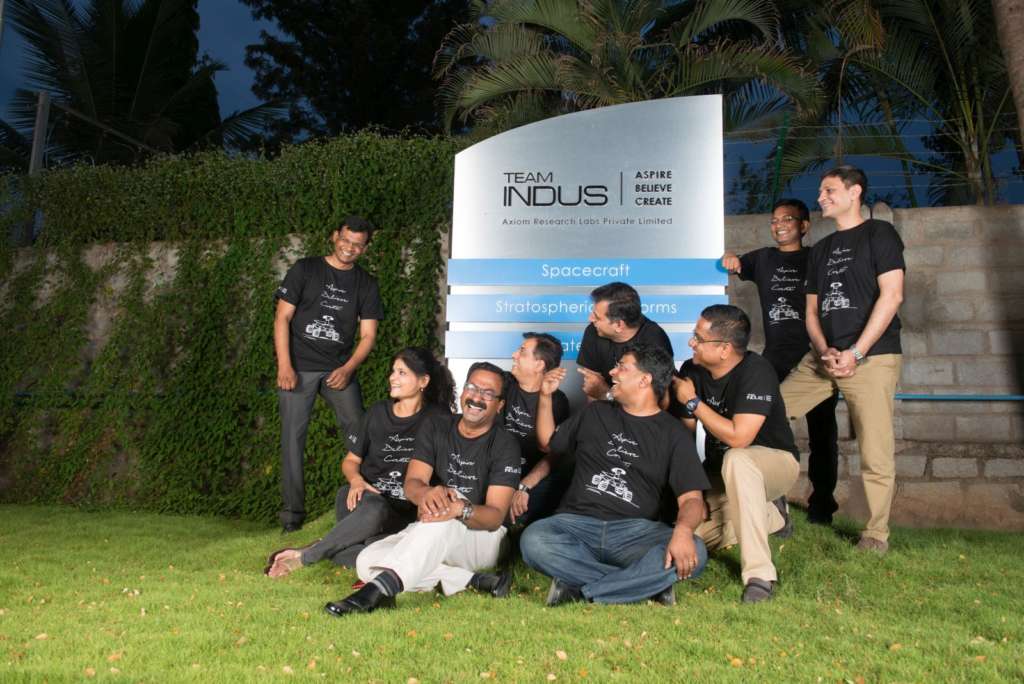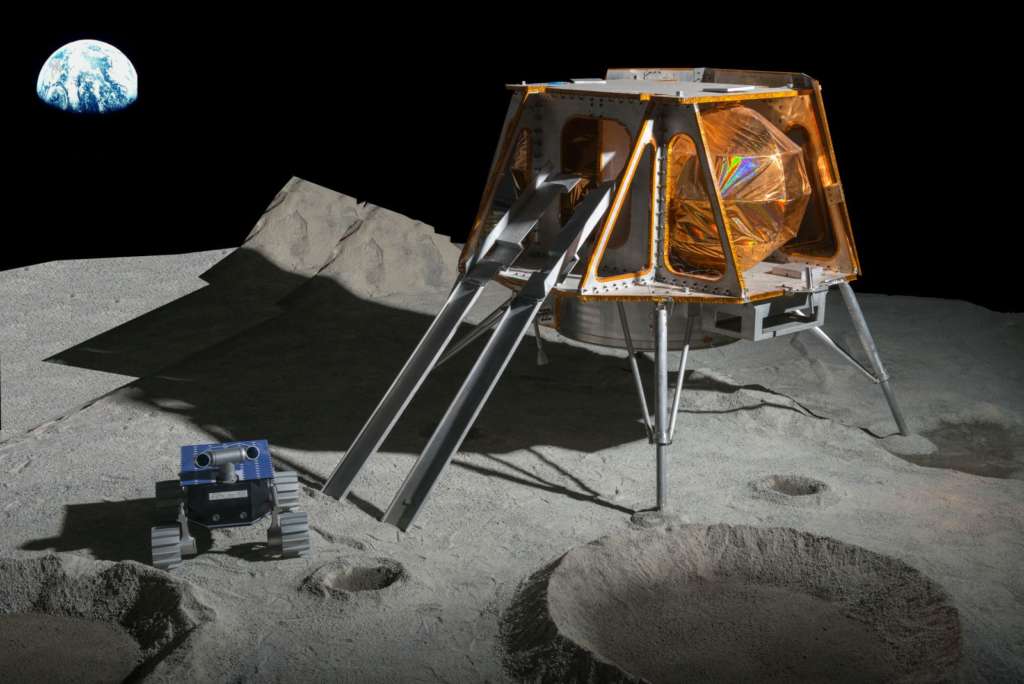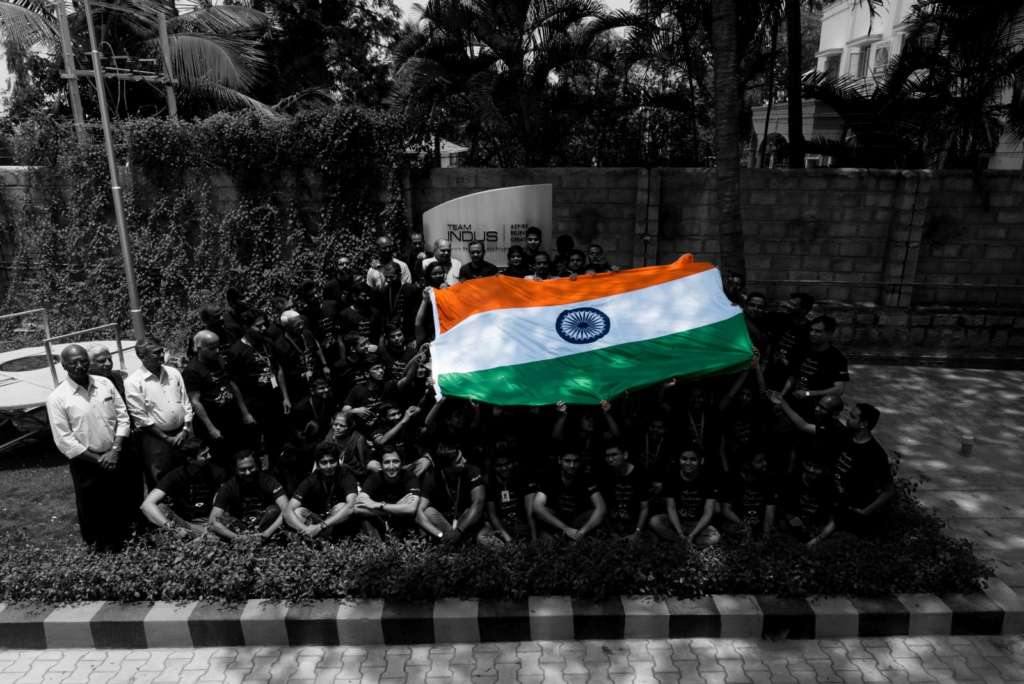Indians are on a roll with their plans of space expeditions and the successful Mars Orbiter Mission carried out by Indian Space Research Organisation (ISRO) is an excellent example of it. While the exploration of the Red Planet is on full throttle there is another non-Government organisation prepping up a spacecraft for a Moon mission. The name is Team Indus; it is one of the top 3 and only team from India in contention for the Google Lunar XPRIZE (GLXP). The GLXP is a worldwide competition challenging innovators and entrepreneurs to develop low-cost methods of robotic space exploration.

Initially 30 teams from across the globe participated in the Google Lunar XPRIZE and now only 16 have managed to stay in the competition. Team Indus is going strong and has already won the ‘landing’ milestone prize of USD 1 Million. Their privately funded Spacecraft demonstrated hardware and software capability to support a soft-landing on the very challenging lunar surface. As said by one of the team members, “With the turn of events in 2016, our chances of making it to the Moon have significantly increased and we are on our way to becoming the very first privately funded space exploration mission ever.”
Speaking of the GLXP, the aim of the project is to:
- Build a rover,
- Send it to the moon
- Have it travel 500 meters on the moon
- Send high-quality pictures

The participating teams all have to do it in-house, with less than 10% government space agency assistance and by the end of December 2017. The first team to do it wins the $30 million prize.
Recently, Team Indus launched a competition for youngsters between 14 and 25 years to think beyond the planet Earth. Participants are expected to design and build a project that would accelerate the evolution of mankind as a sustainable multi-planetary species. A well-executed experiment will offer them to go on board Team Indus spacecraft to the Moon in 2017. This will mark the first opportunity for a non-government experiment to fly to the moon since 1976.
Lab2Moon will look for experiments in sustainable living that will have benefits both on earth and beyond. This competition also wants to challenge students to come up with experiments for their projects – which could range from investigating how seeds can grow in space through to examining new possibilities in renewable energy.




meizu m3 note kapak